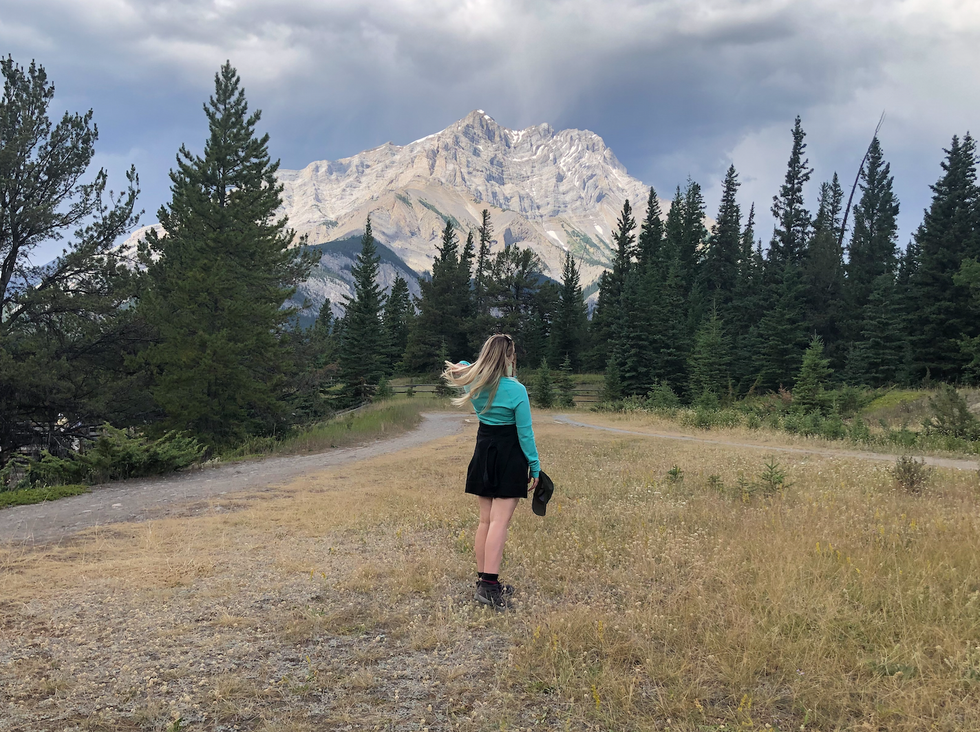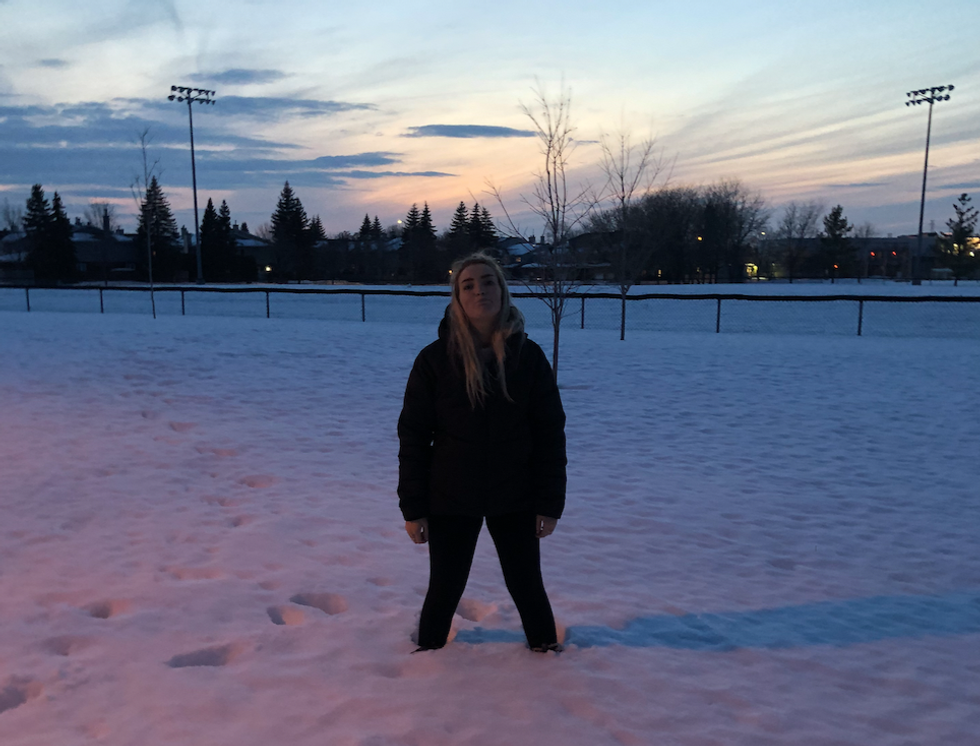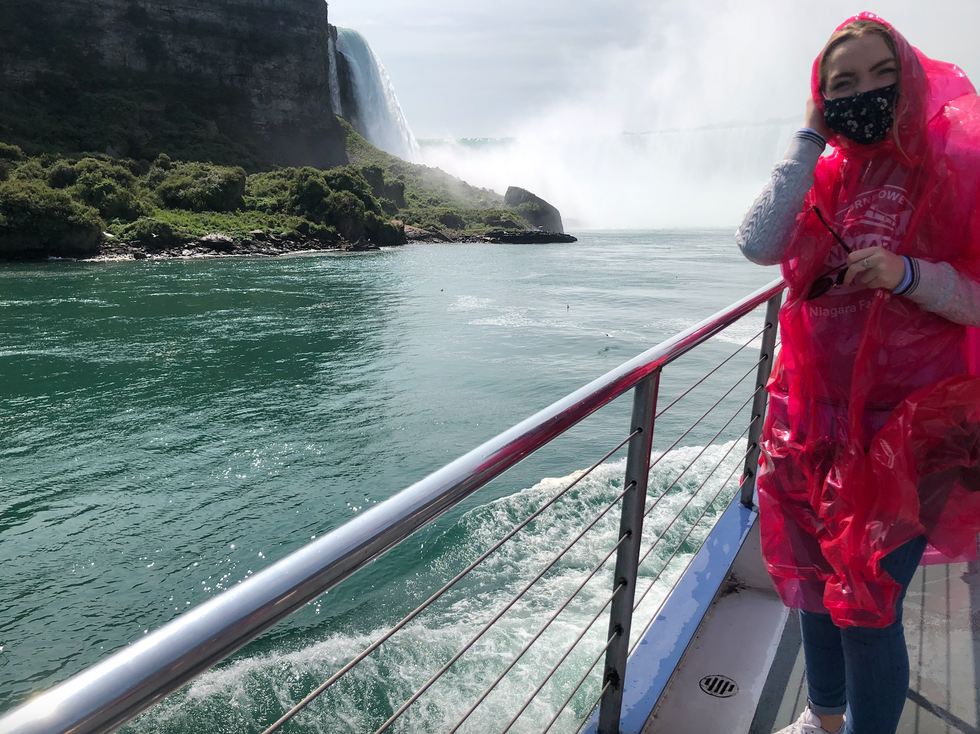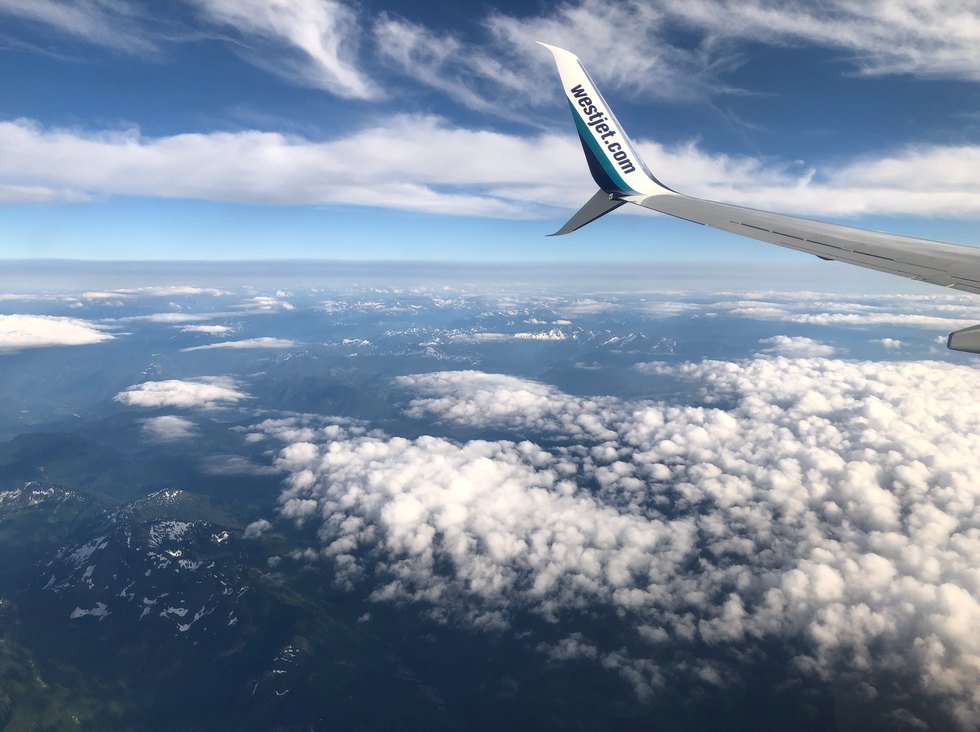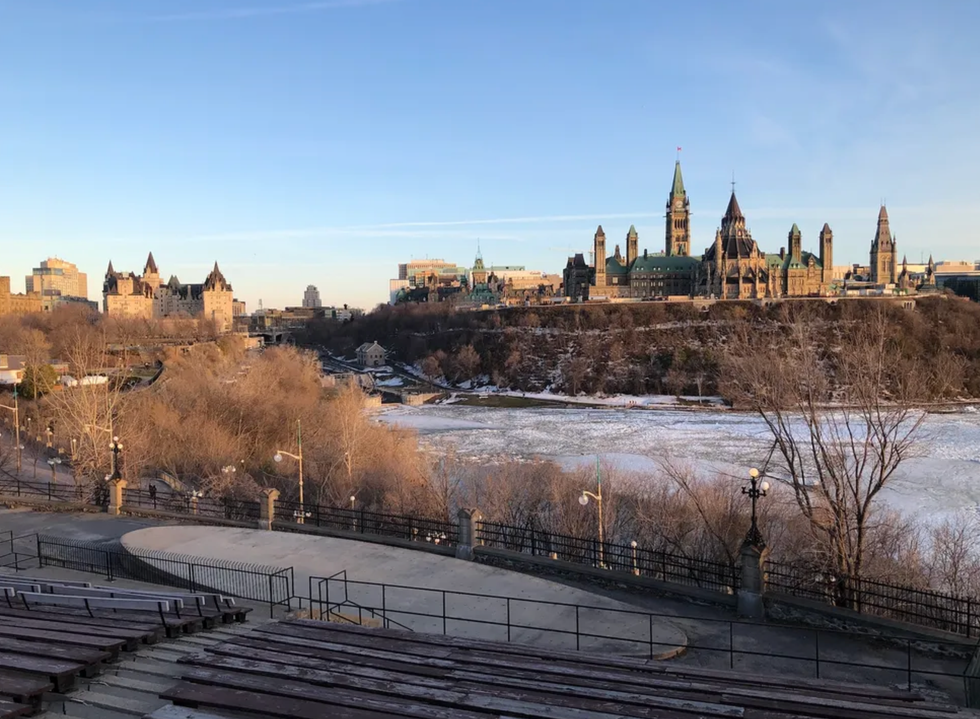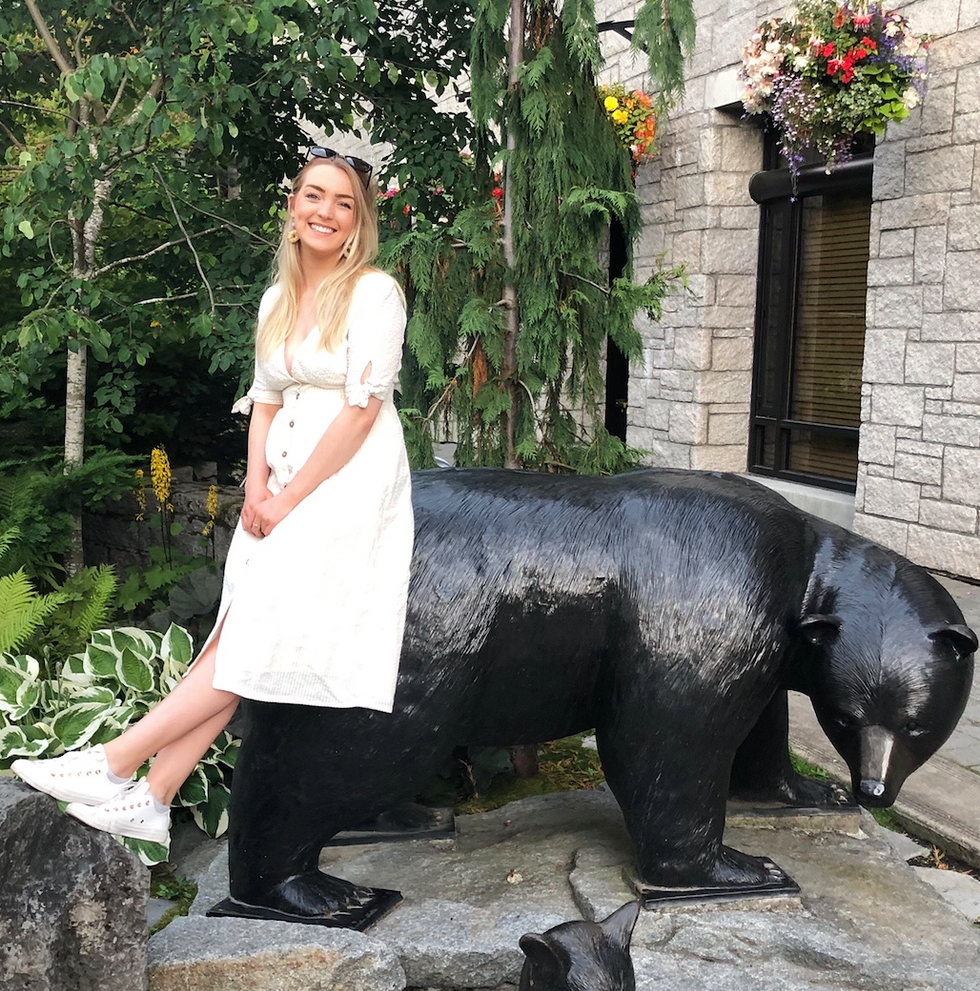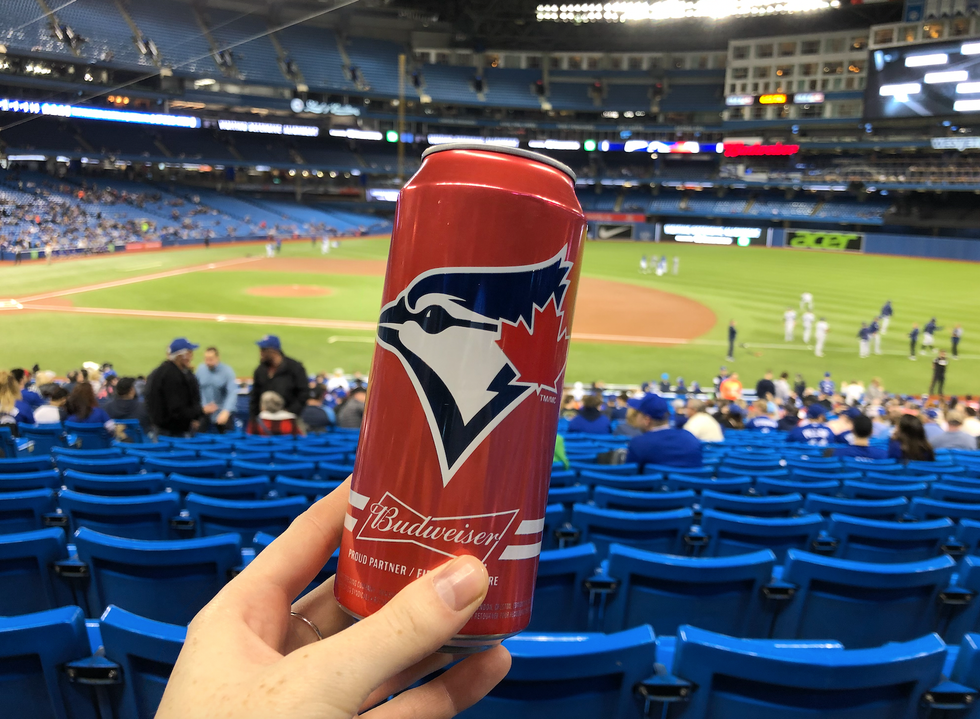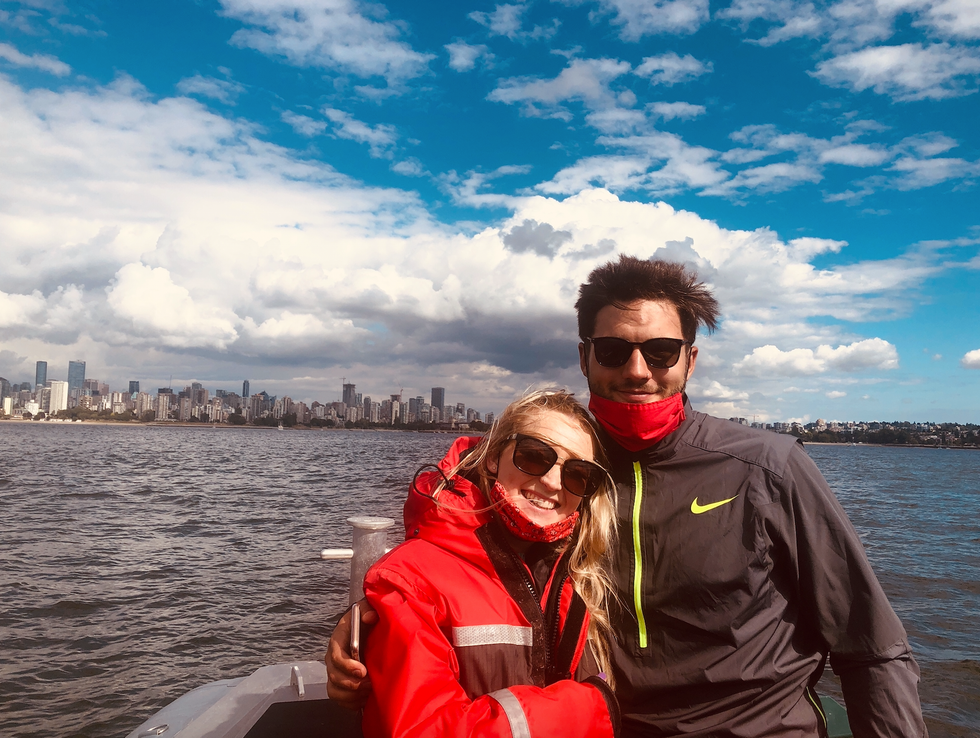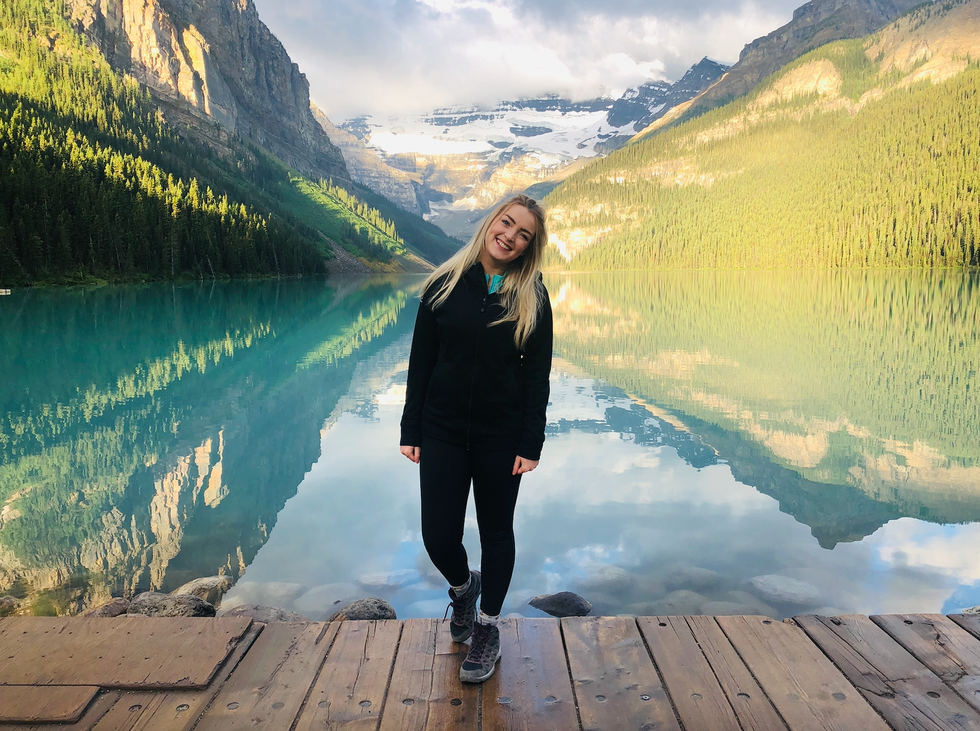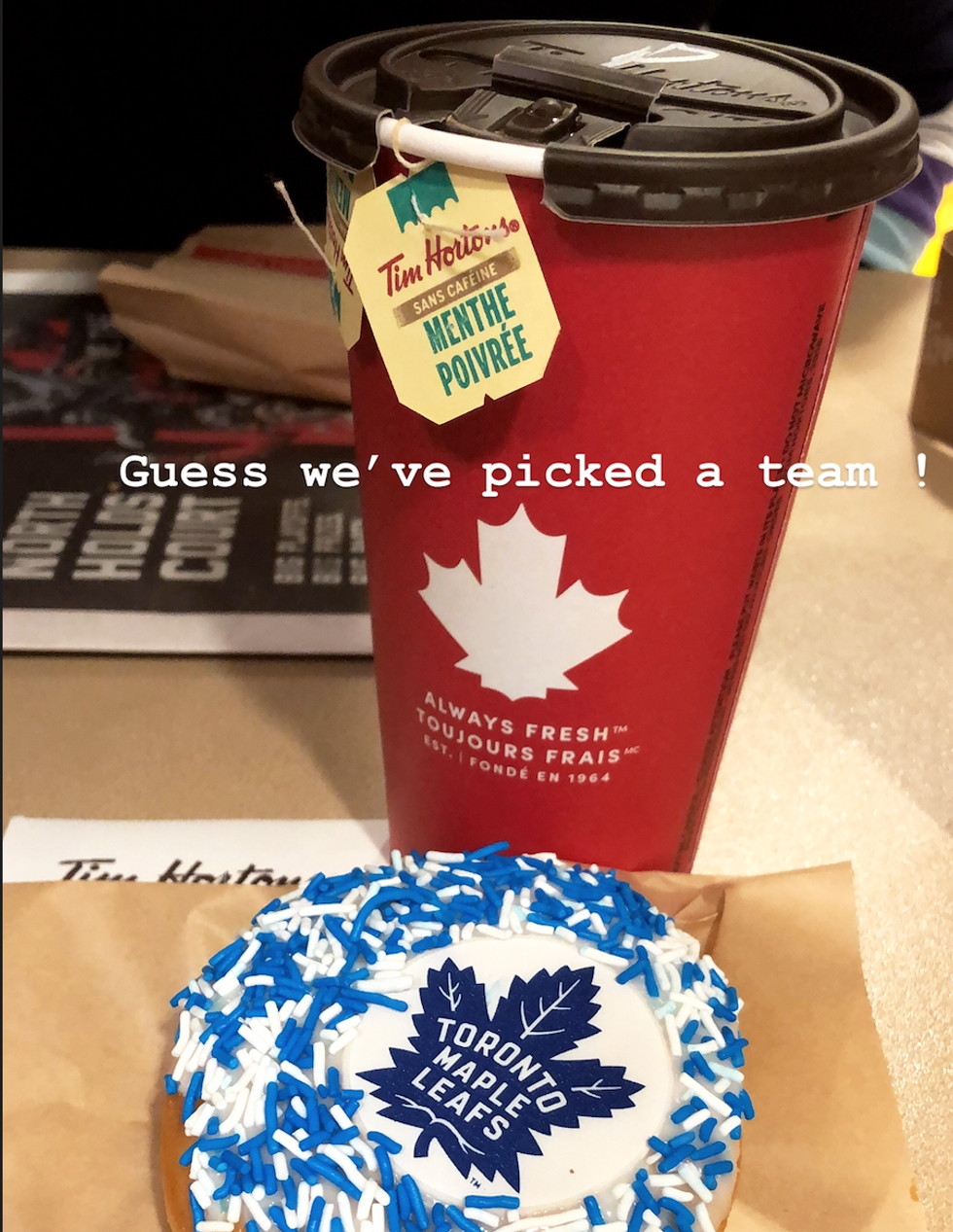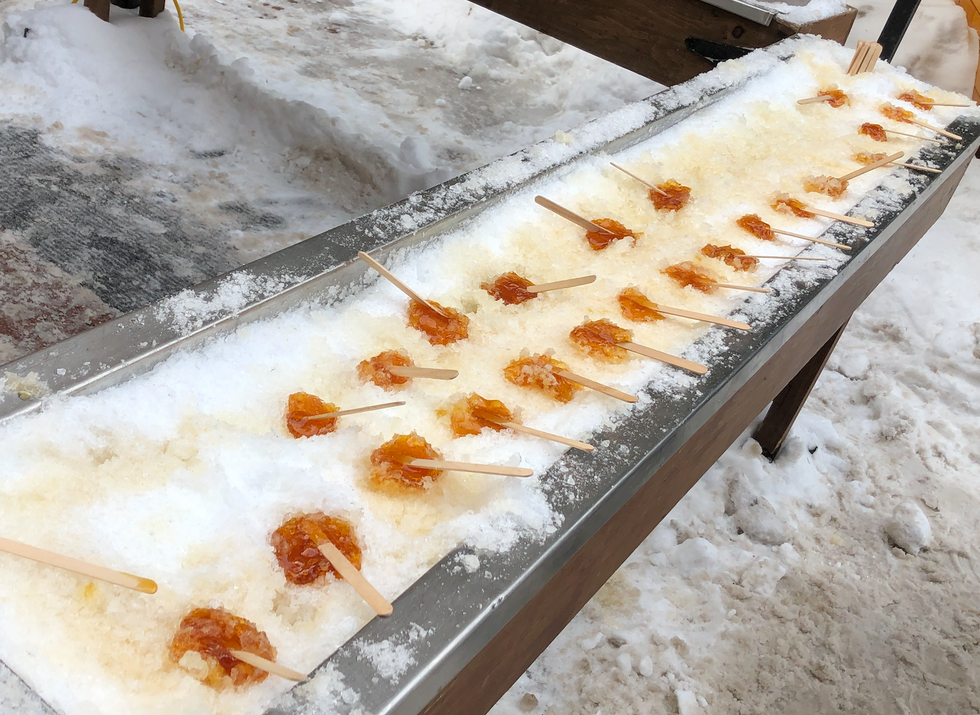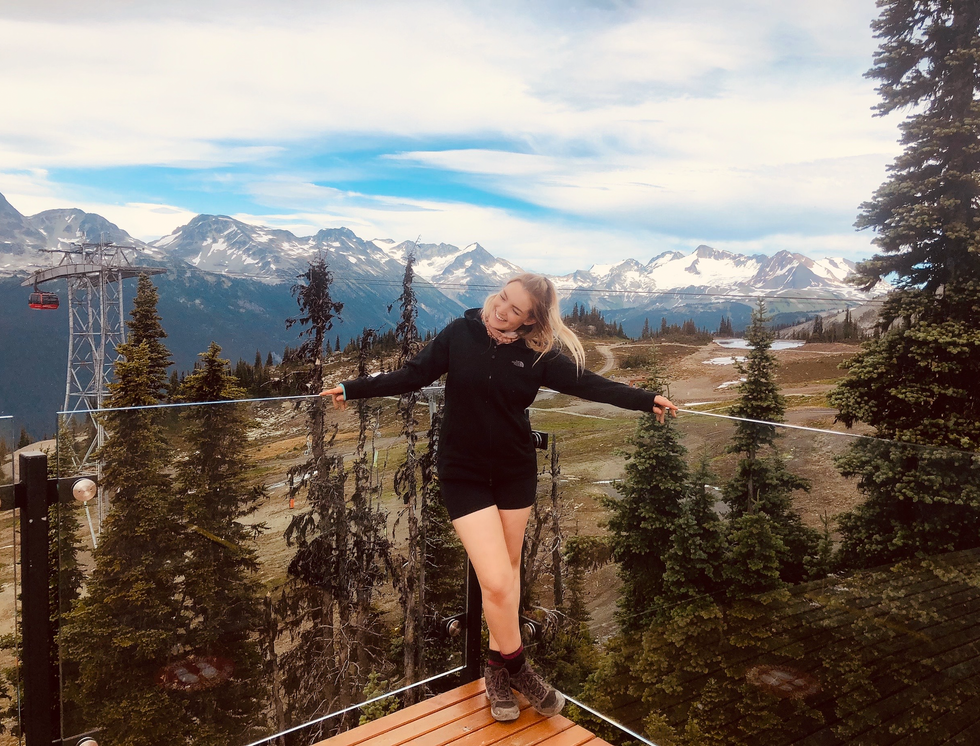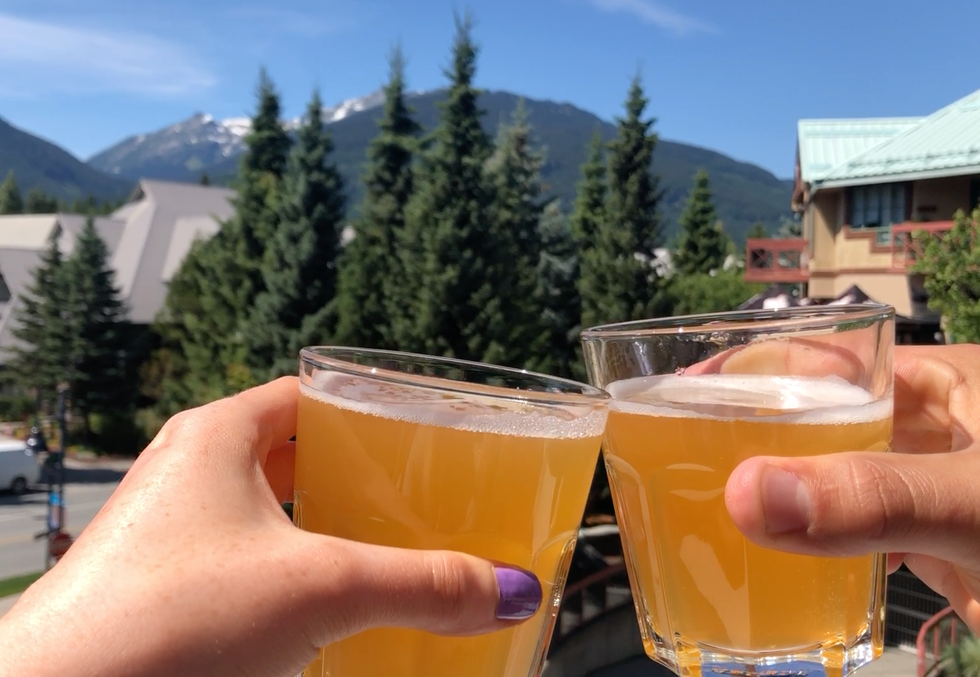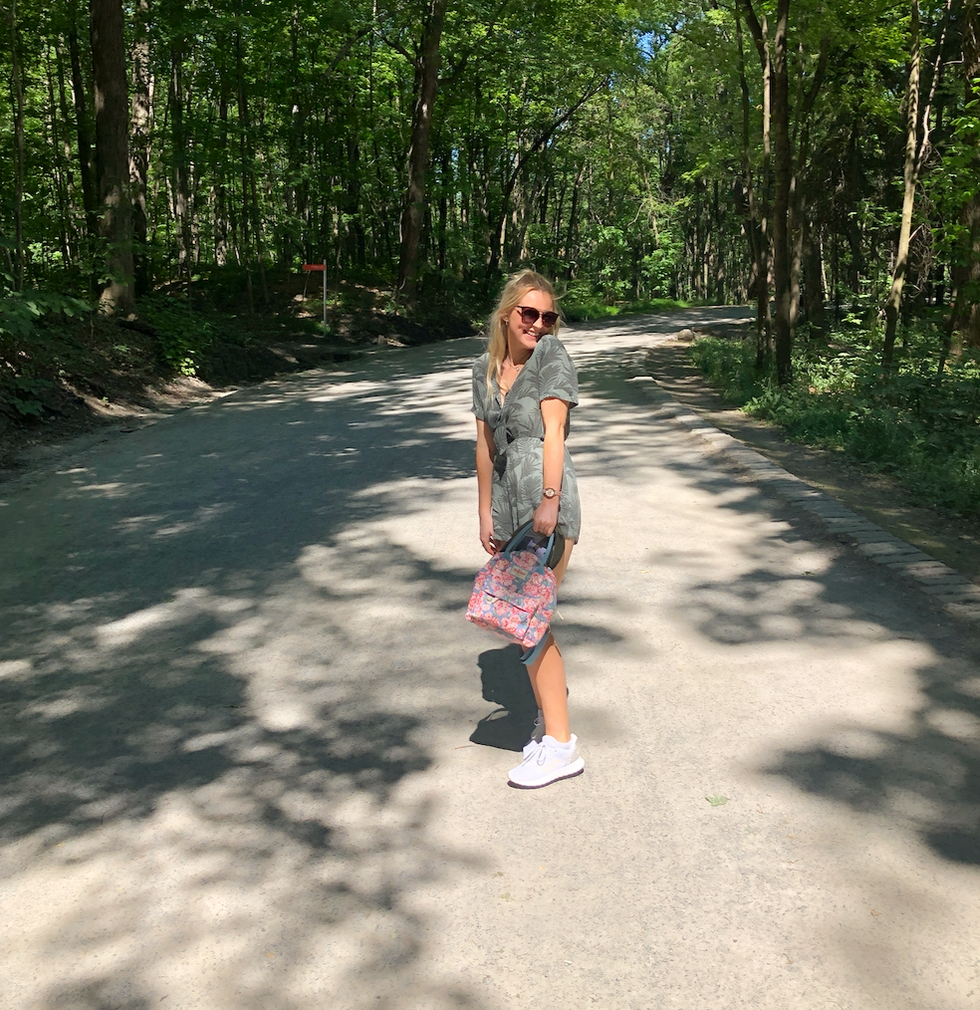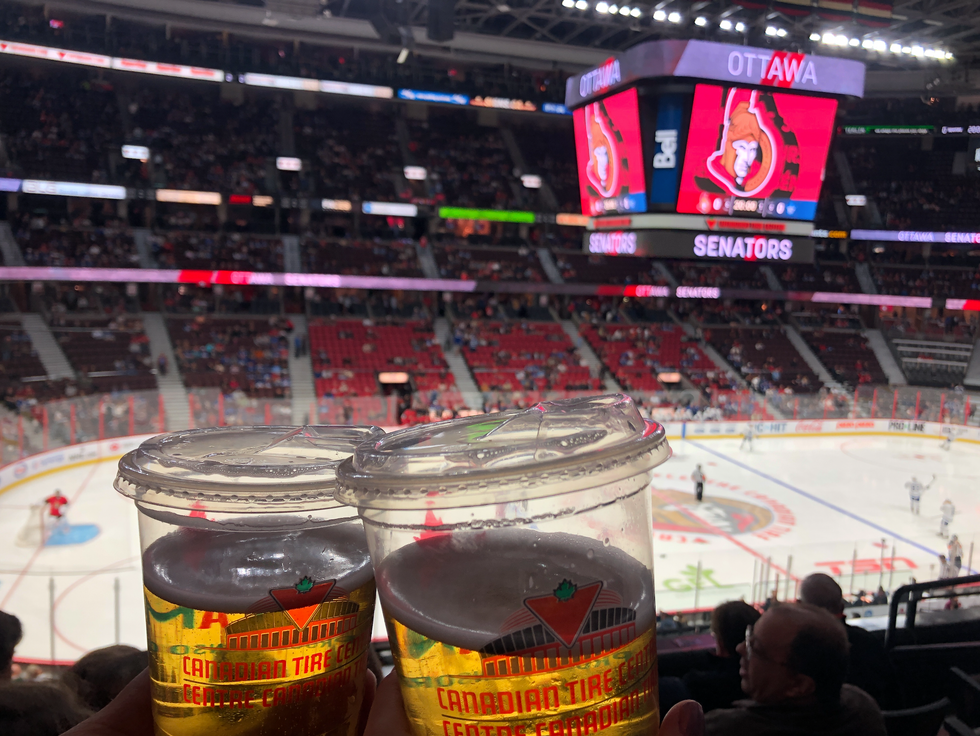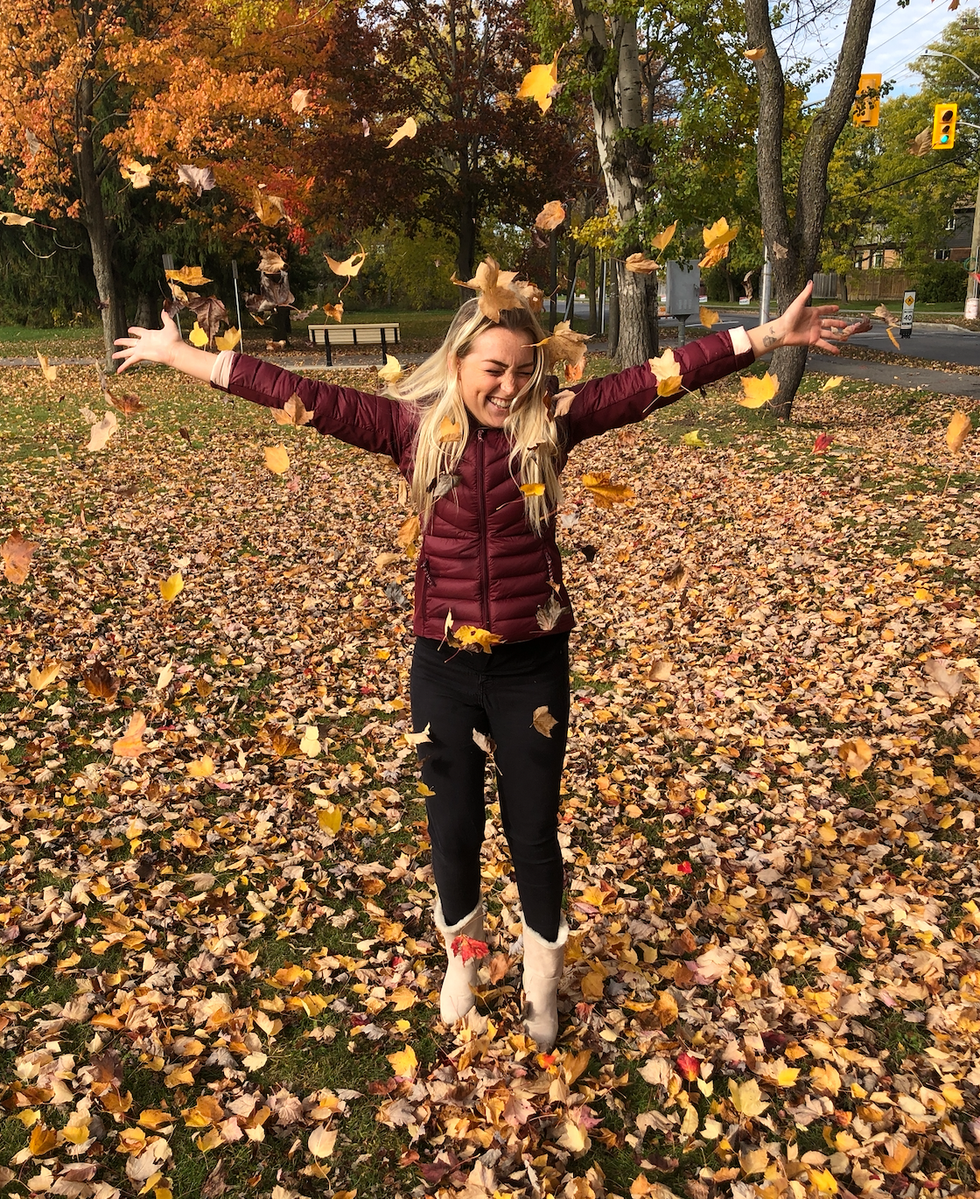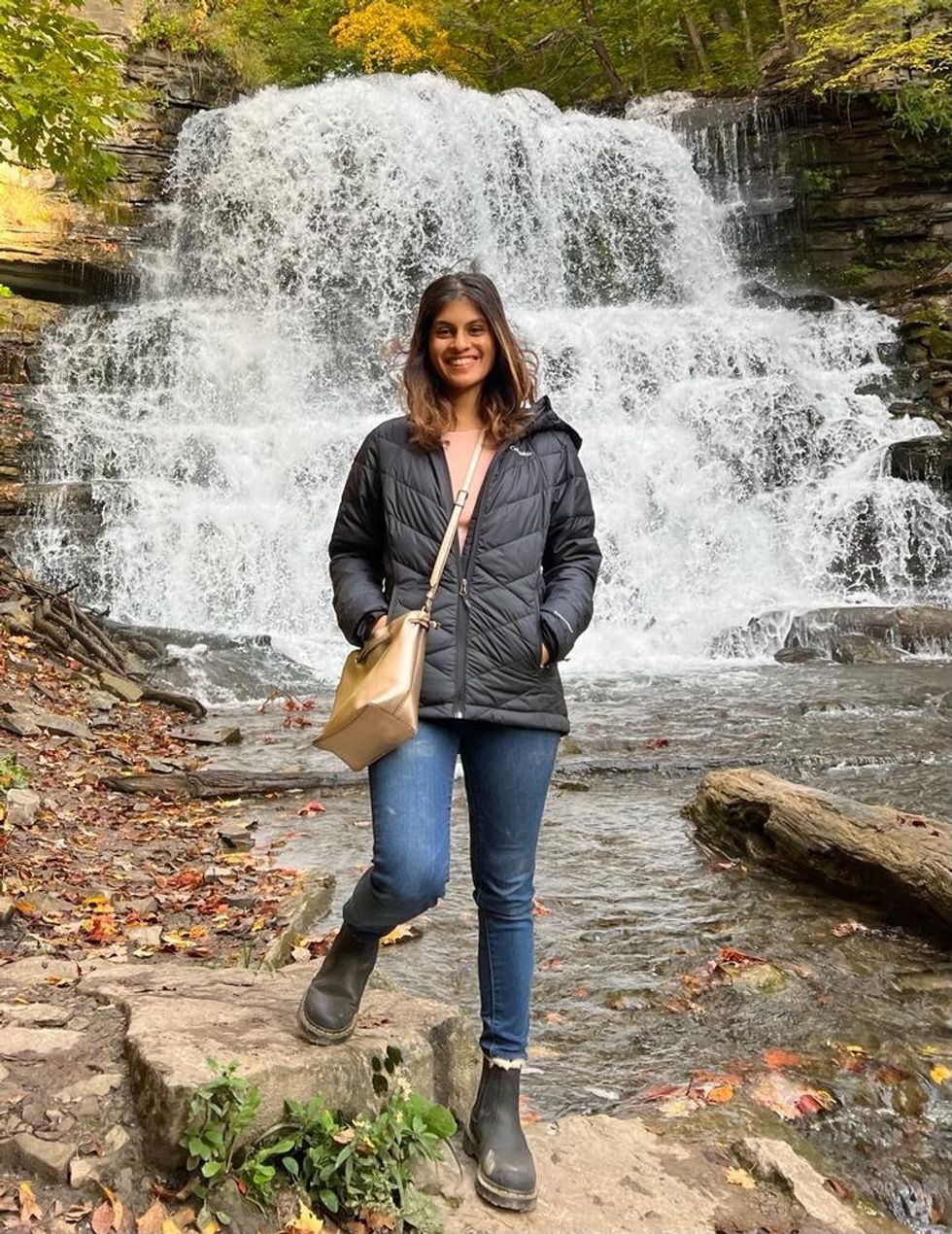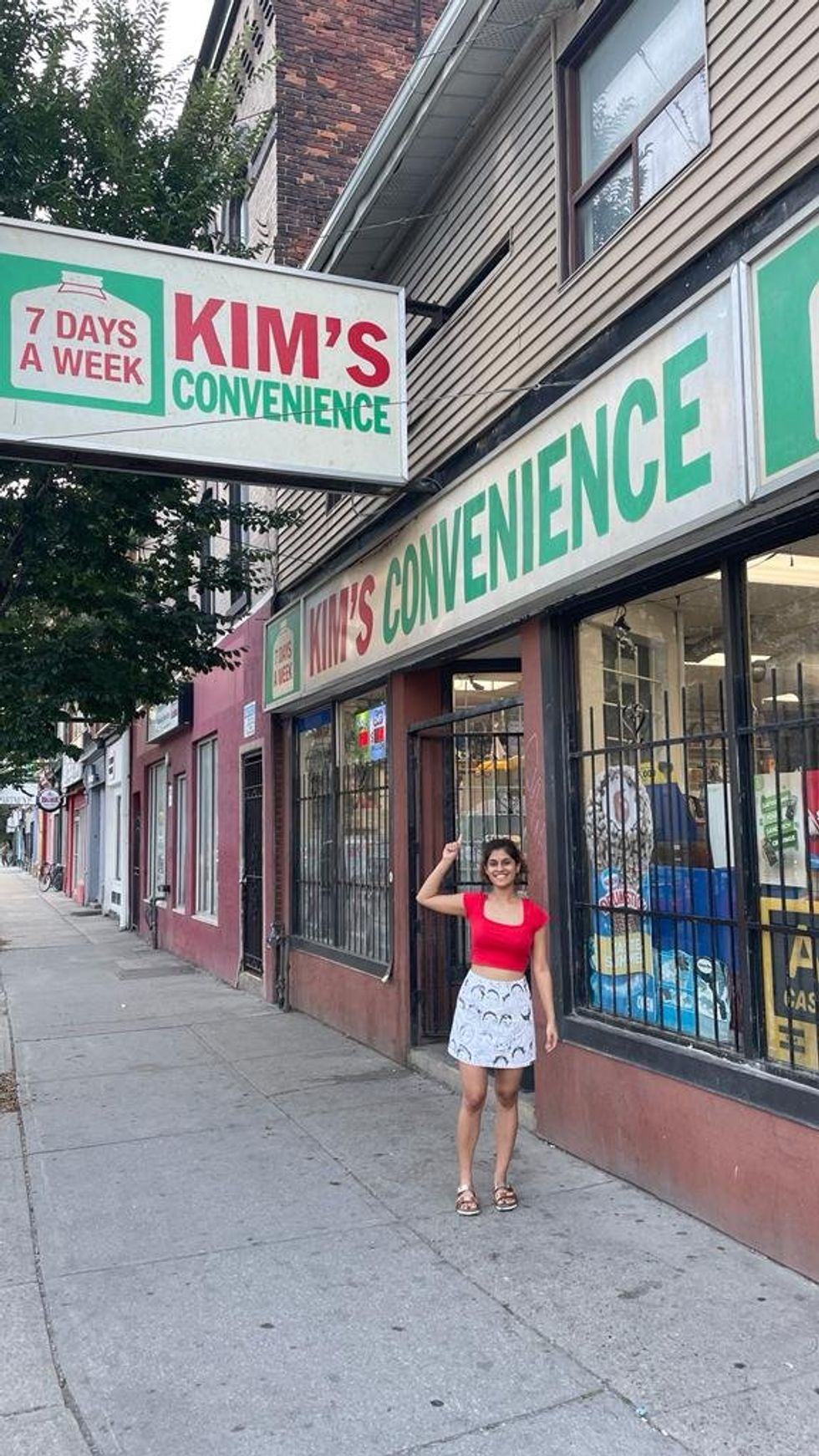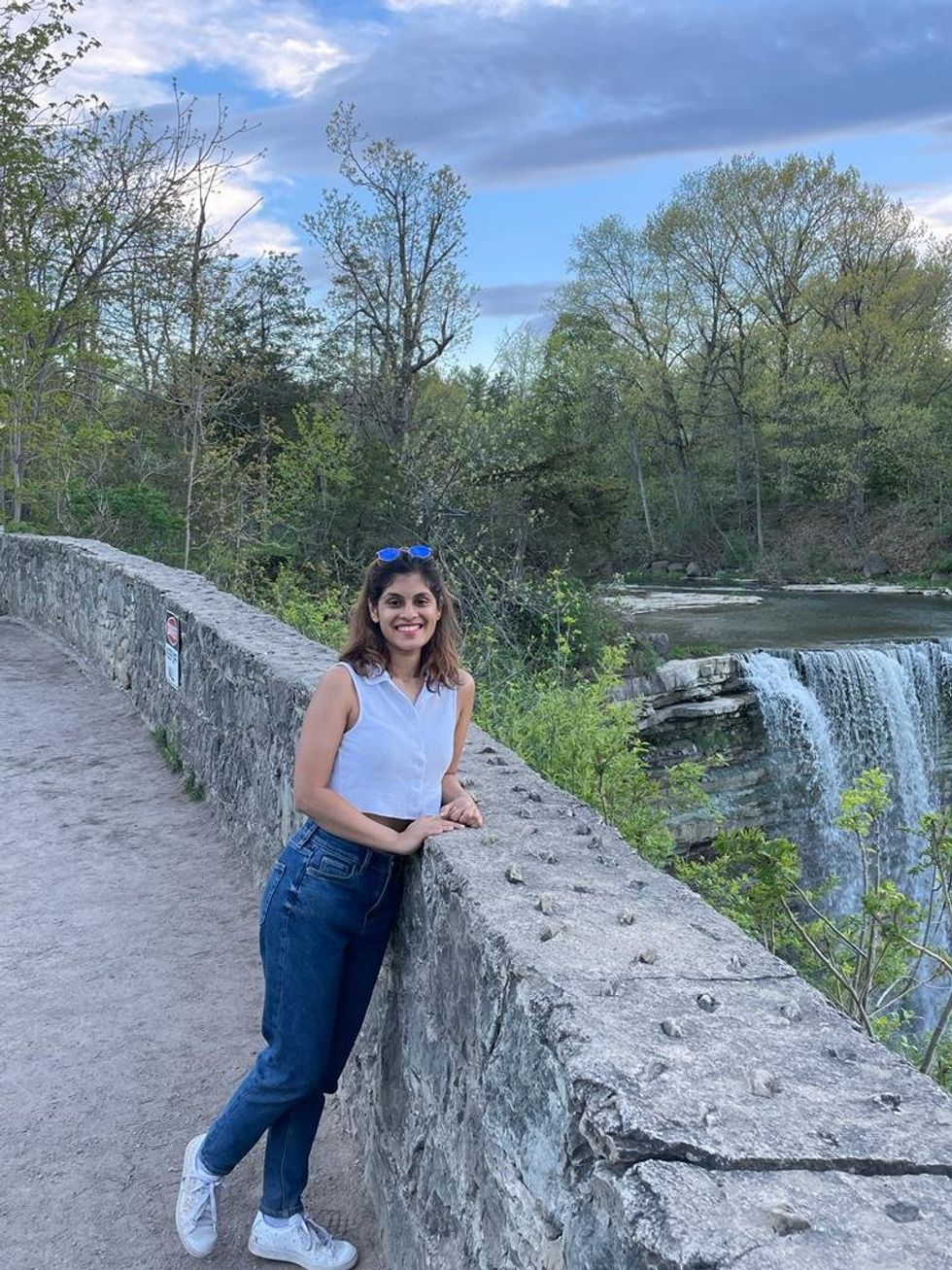I lived in the US for years — Here are the biggest differences between Canada and the States
In true Canadian fashion, I've spent most of my adult life being painfully self-deprecating. After a decade of bouncing between Vancouver and L.A. though, I've learned a few things. Canada beat the humility into me, and the U.S.A beat it right back out.
I've always been the first to crack a joke at my own expense — and that included my nationality. Whenever someone asked me where I was from (at least once a day), I'd say "Canada". They'd laugh, congratulate me on our health care, and I'd throw it right back, congratulating them on having everything else.
It was easy to make fun of Canada, but lately, our home has been getting dragged by people who aren't me. Like the transformative moment in a teen movie where an older brother stands up for his sibling and says "only I can bully him." That's how I've been feeling aboot us!
So, in honour of these times, here is a loving roast of the nine biggest differences between Canada and the U.S.
Canadians love our country, we just don't think we're the centre of the universe
You'll rarely catch a Canadian bragging about being Canadian. We don't fly flags on our front lawns as much, and most of us couldn't recite our Charter of Rights and Freedoms if our lives depended on it — but we love our home.
We just know the world doesn't revolve around us, and we kind of love that. But lately? Our humble little country is having a self-esteem glow-up.
We're like the funny best friend who finally takes off her glasses, gets a makeover from her date's little sister, and descends the staircase on prom night, deciding it's finally time to become the main character in our story.
They have southern gentlemen, we have northern woodsmen
In the U.S., chivalry isn't dead — it's just wearing a seersucker suit and calling you ma'am while opening the truck door.
Southern hospitality is a real thing. And listen — on days when I see one too many men in Patagonia vests checking their pulse on the Vancouver seawall, I do fantasize about flying to Georgia and sailing with an adult man who refers to his father as "pa."
But then I remember: we have our own version of Southern gentleman — the northern woodsman. You'll find him anywhere from Vermilion, Alberta to Squamish, B.C.
He may not own a monogrammed flask, but he can portage a canoe while hungover, chop wood in a snowstorm, and silently fix your leaky sink without trying to explain how "most girls don't know what a flange is."
They have drawls. We have axes. Same charm, different climate.
"Sorry" VS "you're good"
When it comes to politeness, the world puts Canada on a pedestal. Sure, we are incredibly apologetic, but I'd like to challenge the idea that we actually mean it. Most of the time when we say "sorry", we're really just waiting for you to say it back.
There's nothing more infuriating than saying "excuse me" or "sorry" to someone in a grocery store — and having them say nothing in return. That's the fastest way to get me to throw hands.
That's the trap of Canadian politeness: it isn't the same thing as friendliness or kindness. It's performative, passive-aggressive, and deeply conditional.
When I first moved to the U.S., I bumped into someone at Trader Joe's, said, "Sorry," and they replied: "You're good."
I'm good?
I was furious. Like somehow I'm responsible for the fact these aisles are less than the width of a subway sandwich? Absolutely not.
But that's the thing — in Canada, "sorry" is code for "this is both our fault." In the U.S., "you're good" is code for "don't worry about it."
It took me nearly a decade, but eventually "you're good" grew on me. Because Americans, for all their brashness, usually mean what they say.
As much as I love the fact that people abroad see the maple leaf flag luggage tag and think good thoughts... lets not confuse politeness with friendliness. We're not always "nice" we're just well-trained.
Getting sick in America is very different than getting sick in Canada
Growing up, whenever I got sick, I'd go to my neighbourhood walk-in clinic, flash my healthcare card, pay nothing, and see a doctor within the hour. I'd tell them my symptoms, they'd tell me I was clearly faking to get out of school and "seemed fine," and then we'd shake hands and part like old friends.
"Same time next week?,"" I'd ask, as I took 10 free lollipops from the front desk with reckless abandon.
Fast-forward to one high school diploma, two degrees, and one visa later, and I found myself in the exact same scenario — except this time, I was clinging to the walls of a walk-in clinic in Los Angeles with a concerningly high fever.
From start to finish, the whole thing took under ten minutes. I was jabbed with a mystery steroid and given a prescription that was apparently going to bring me back to life. As I stumbled toward my Uber though, the receptionist called out, "Wait — you haven't checked out yet!" She smiled as she slid me a US$700 bill.
In CAD that basically converts to a modest down payment on a cabin in Squamish.
When I asked if I could get a refund, she told me I'd already taken the meds — and that if I really wanted to feel better, I'd need to come back for a second shot, too.
Even though I like to joke, the healthcare crisis in the U.S. is brutal. I've watched friends and loved ones go into irreversible debt trying to survive conditions that would've been fully covered at home. This system doesn't just hurt people — it traps them.We drink at 19 in Canada, and still handle it better than Americans at 21
When 90% of my friends migrated to Montreal after high school, it wasn't for the brutal winters. They were ready to ditch their fake IDs and finally tell the bouncer their real birth dates. In Quebec, the legal drinking age is 18, a year earlier than most other provinces.
This made Montreal the ultimate destination for kids eager to graduate from "park parties" (who remembers those?) to bustling bars.
While our southern neighbours wait until 21, we Canadians start a bit earlier — and handle it with a bit more grace! To our under-21 friends from Bellingham and Detroit making the weekend pilgrimage north: welcome. Your hangover amnesty is granted.
Canadian artists get government grants... American artists get GoFundMe links
In Canada, if you're a struggling artist, you apply for a grant.
In America, you either start a GoFundMe or start digging through your family tree to see if your third grandma, twice removed, makes you eligible for Irish citizenship.
When it comes to film and TV, Canada's the hot girl at the co-production prom. We have Canada Council, Telefilm, the Bell Fund, CBC (and to any Conservative Party leaders reading this — please don't defund it before I get in. I'm writing the next Schitt's Creek, I swear.)
It's also why you hear Alessia Cara, Tate McRae, or Tegan and Sara on the radio 80 times a day — not necessarily because the nation demanded it, but because at least 35% of the pop music played each week on Canadian radio stations must be Canadian.
You will support local talent. By force, if necessary.
Art doesn't always hit, but in Canada, at least it's subsidized. And honestly? That's rare as hell and totally worth it.
We do "Deadpan" better
Not to pot-shot the country, but anytime someone says they have a "British sense of humour," unless they're Ricky Gervais, I take it to mean that they think they're funny but have no personality. Detached humour is hard to pull off.
After conducting almost no research at all, I can confirm that Canada is the king of deadpan. Between Norm MacDonald (may he rest in peace) and Nathan Fielder, we've perfected the art of saying nothing and somehow saying everything.
We do weird. We do awkward. But we do it with heart. And that's the difference between a punchline gone right — and one gone painfully, painfully, wrong.
Canada has the best winter coats
The first time I saw someone wearing a Canada Goose in Los Angeles I thought I was hallucinating. It was 17C on Sunset Boulevard and this man looked cold. Not stylish. Not ironic. Just genuinely shivering. Had the right exec been driving by, he could've been cast as Leo DiCaprio crawling out of the horse carcass in The Revenant.
I didn't have the heart to tell him that my girls have endured way worse in way less (stumbling the streets of MTL winters in first year, half-drunk in heeled booties with removable ice spikes).
Still it made me proud. Whether it's the Goose or the Moose (Knuckles), I love to see our boys out there, taking the world (literally) by storm.
Tap water > bottled
I don't think I've ever even gone to a restaurant in the States and been offered plain old tap water.
Sparkling? Sure. Bottled? Obviously. Filtered through a $4,000 countertop device blessed by Gwyneth Paltrow? Naturally. But asking for tap may as well have been asking to be pointed in the direction of the nearest toilet bowl in order to drink from it like a watering hole.
Meanwhile, in much of Canada, we flex about our tap water. We drink it straight from the kitchen sink and say things to each other like: "Did you know a small town in Abbotsford has the best tap water in the world?"
The opinions expressed in this article are the author's own and do not necessarily reflect the views of Narcity Media.
